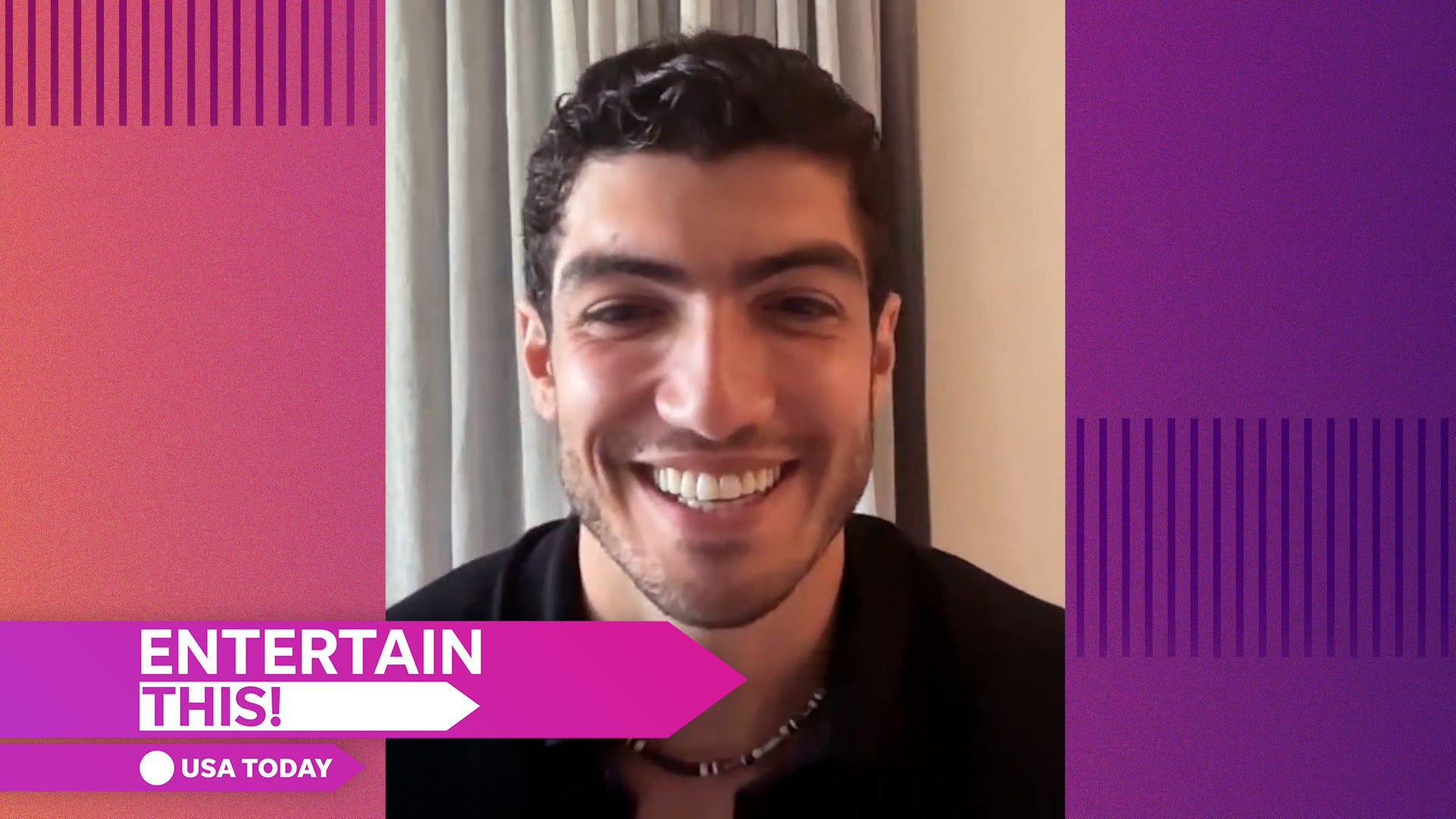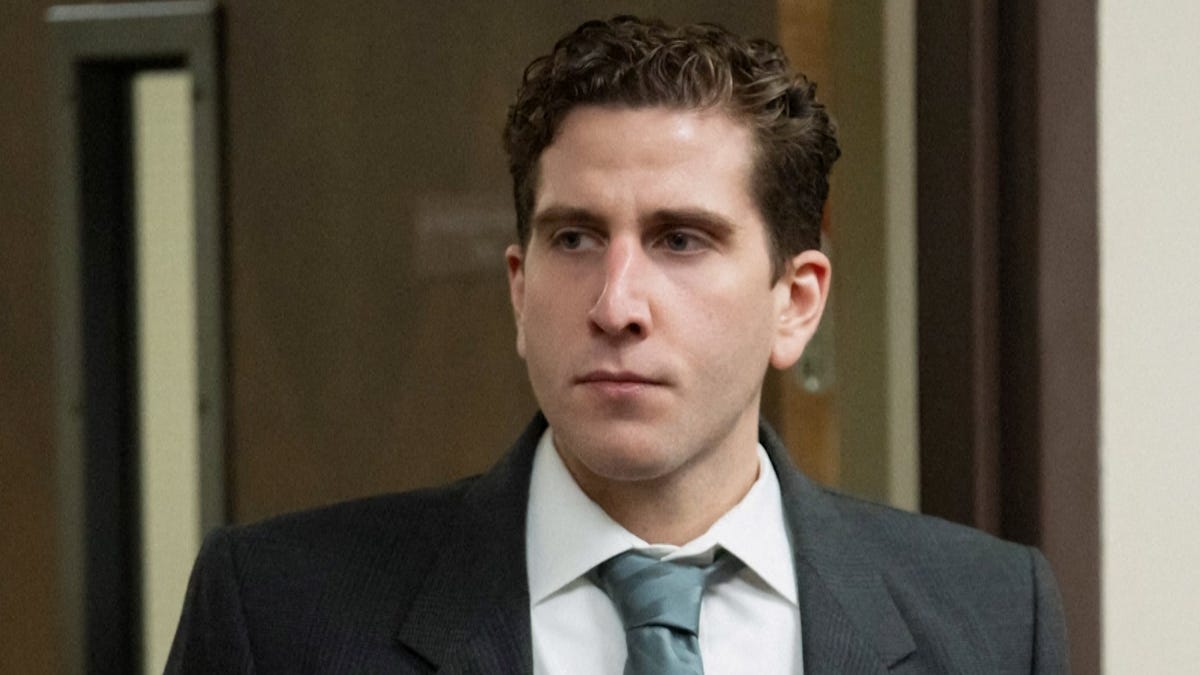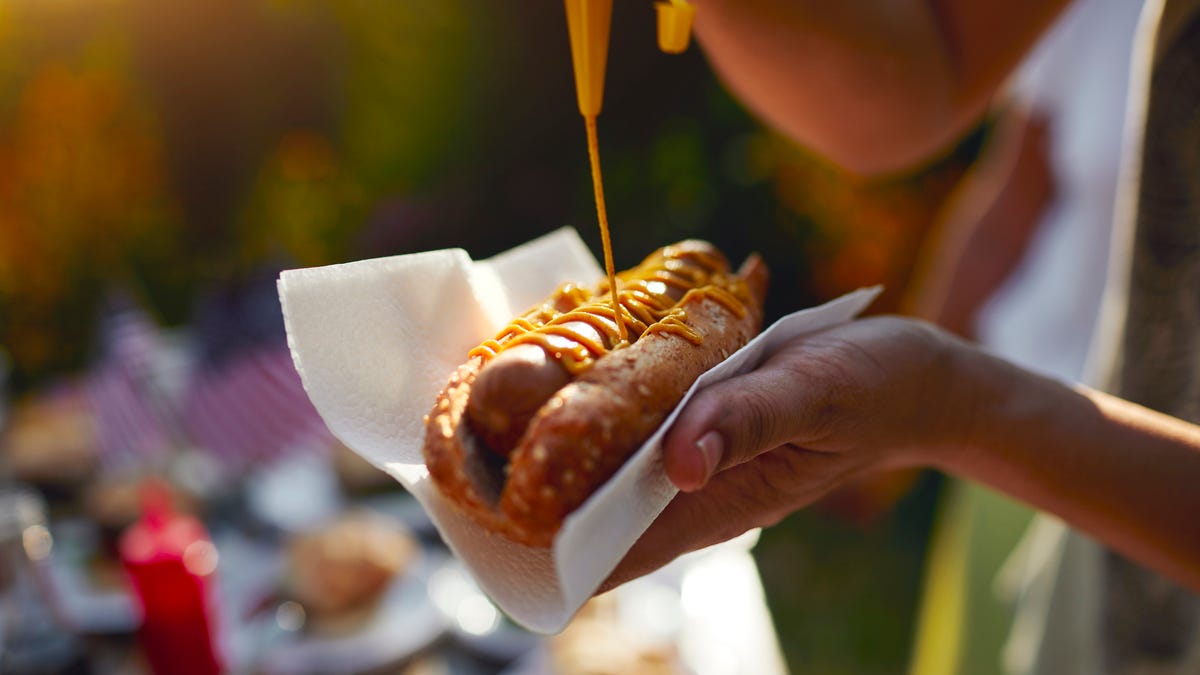
‘Love Island USA’ Charlie on Hannah and Pepe’s relationship
Charlie Georgiou watched his “Love Island USA” episodes — but doesn’t care to see Hannah Fields’ new relationship with Pepe Garcia-Gonzalez.
Between bombshells and challenges, there’s no shortage of drama on Season 7 of “Love Island USA.”
There’s also no shortage of fan ire, with many expressing their frustrations on social media and some crossing the line by commenting on the islanders’ physical attributes and harassing their family members.
The audience response prompted the show to issue a statement that appeared on-screen ahead of the June 24 episode: “The keyword in Love Island is… love. We love our fans. We love our islanders. We don’t love cyberbullying, harassment or hate.”
“Love Island USA” also posted a similar statement on their X account and the show’s host, Ariana Madix, addressed the issue on a June 21 episode of “Aftersun,” the program’s aftershow.
“Don’t be going on islanders’ pages and saying rude things,” she said, encouraging fans to delete negative posts as the show’s cast remains secluded during production.
But the statement received backlash from some fans who argue the call is coming from inside the house (or in this case, the villa).
“How you gunna be anti bullying but you let it happen in your house???” one user said on the show’s X post.
There’s no excuse for anyone to harass or cyberbully islanders and their loved ones online, said Patrice Oppliger, assistant professor of media science at Boston University. But she understands why the show’s statement may have rubbed some fans the wrong way.
Reality television is an “arms race” of “who can get the most attention by doing the most outrageous things,” she said. Production creates situations, such as challenges, and edits footage to stir up the drama and keep viewers engaged. Television networks “know what they’re doing.”
The fact that the contestants are real people, and not fictional characters, makes them more relatable to audience members, Oppliger said. So, fans tend to feel more strongly when production creates twists that prompt a reaction from contestants.
According to “Love Island USA,” the show briefs participants throughout the casting process of the potential upsides and downsides of participation as well as what they should expect when arriving to the villa. The program also provides mental health counseling before, during and after their time on the show, and ensures that editing is as balanced as possible without interfering with the truth, according to the show.
Oppliger credits “Love Island USA” for setting boundaries with fans and modeling good behavior but she also called the cyberbullying statement “fluffy” and “nonserious.” The tone of the statement was not urgent enough and it failed to outline some of the dangers of cyberbullying, she argued.
This isn’t the first time “Love Island USA” reminded fans to keep it civil. Ahead of the Season 6 reunion, the show encouraged the viewers to “always choose to be kind.”
“The reunion is full of drama, but remember – these are real people, so let’s keep it kind and positive. Let’s end the season with the same love and respect we started with!” according to the statement posted on X on Aug. 19.
“Love Island USA” contestants have also publicly expressed some frustrations, suggesting producers did not set them up for success on the show, which could contribute to audience opinions. Vanna Einerson, who appeared on Season 7 and received a hefty amount of hate online, spoke on a July 2 episode of the podcast Viall Files about how she flew to Fiji with little preparation and notice.
“I had 24 hours to pack all my stuff, fly out (and) right when I land, they put me in a van and they’re like, ‘you have 20 minutes to get ready,’” she said. “I didn’t have my hot tools (for hair). I couldn’t do anything… It was a mess. I was in panic mode the whole time.”
The best way to discourage cyberbullying and harassment from fans is for reality TV shows to model positive behavior through filming and production, and to communicate that message throughout the season and outside the show, Oppliger said.
The onslaught of online harassment and bullying also shows the need to teach media literacy so that viewers understand that reality television shows “are not real,” she said.
“There’s plenty of responsibility to go around,” Oppliger said.
Adrianna Rodriguez can be reached at adrodriguez@usatoday.com.







